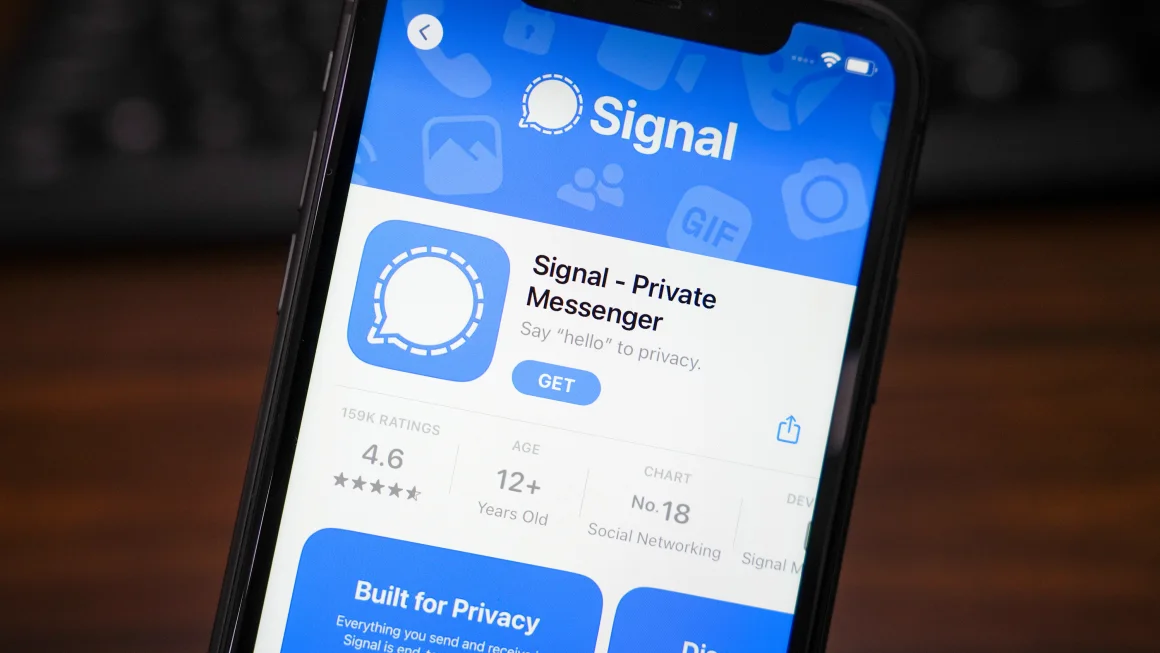
In an increasingly interconnected world, ensuring the privacy of personal conversations has become more critical than ever. Whether discussing sensitive topics with friends, sharing confidential business information, or simply wanting to keep everyday chats intimate, here are some strategies to help you maintain your privacy.
- Choose Secure Communication Platforms: Opt for messaging apps that prioritize end-to-end encryption, such as Signal or WhatsApp. These services ensure that messages can only be read by the intended recipient, minimizing the risk of interception.
- Be Mindful of Your Surroundings: Physical privacy matters just as much as digital security. When discussing sensitive topics, choose quiet, secluded places where eavesdropping is less likely. Avoid conversations in crowded areas or where technology is present that could inadvertently record your words.
- Use Strong Passwords and Two-Factor Authentication: Protect any accounts associated with your private conversations by using strong, unique passwords and enabling two-factor authentication. This adds an extra layer of security against unauthorized access.
- Limit Information Sharing: Before sharing sensitive information, consider whether it is necessary to divulge certain details. The less you share, the fewer risks you face regarding potential leaks or misunderstandings.
- Regularly Update Your Software: Ensure that your devices and applications are always up-to-date. Software updates often include important security patches that protect against vulnerabilities that could threaten your privacy.
- Be Cautious with Public Wi-Fi: Avoid conducting private conversations over public Wi-Fi networks, as they can be easily hacked. If you must use public Wi-Fi, consider employing a VPN to encrypt your internet connection, providing an additional layer of security.
- Clear Your Communication History: Regularly delete messages, call logs, and other communication records that you do not wish to keep. This reduces the risk of accidental exposure, especially if your device falls into the wrong hands.
- Educate Yourself on Privacy Settings: Familiarize yourself with the privacy settings of the apps you use. Adjusting these settings can help limit who can see your conversations and protect your personal information from being shared.
- Practice Discretion with Voice Assistants: Be wary of using voice-activated devices like smart speakers when discussing sensitive topics. These devices may inadvertently record conversations and share them with platforms or individuals not intended to hear them.
- Trust Your Instincts: If something feels off or if you suspect someone is prying into your conversations, trust your instincts. It’s okay to set boundaries and terminate discussions that make you uncomfortable.
By implementing these strategies, you can create a more secure environment for your private conversations, ensuring that your personal discussions remain just that—private. In a world where information travels quickly, taking proactive steps to safeguard your privacy is essential for maintaining trust and intimacy in your relationships.
